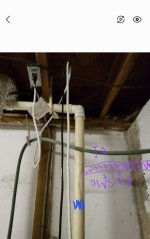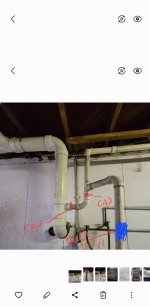I know that word well, my boat had one for the holding tank. But not knowing anything about for a home I suspect maybe the sewer type for a whole house application is more robust than pictured.They are sometimes called Macerator pumps:
https://www.bestproductsreviews.com...MI8OK1u7ea_QIVM4VaBR1N5wnwEAAYAiAAEgIa2fD_BwE
Like below ... I'll be able to find out what model that they use since this phase of the community is just underway.
Grinder Pumps - Pumps - Ferguson
Shop for Grinder Pumps at Ferguson. Ferguson is the #1 US plumbing supply company and a top distributor of HVAC parts, waterworks supplies, and MRO products.


